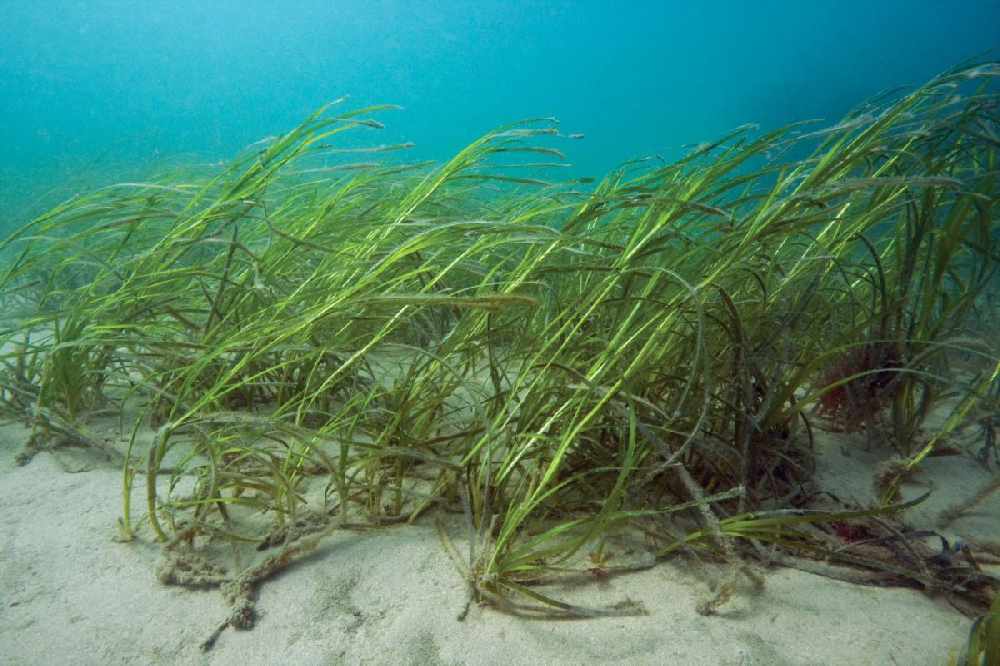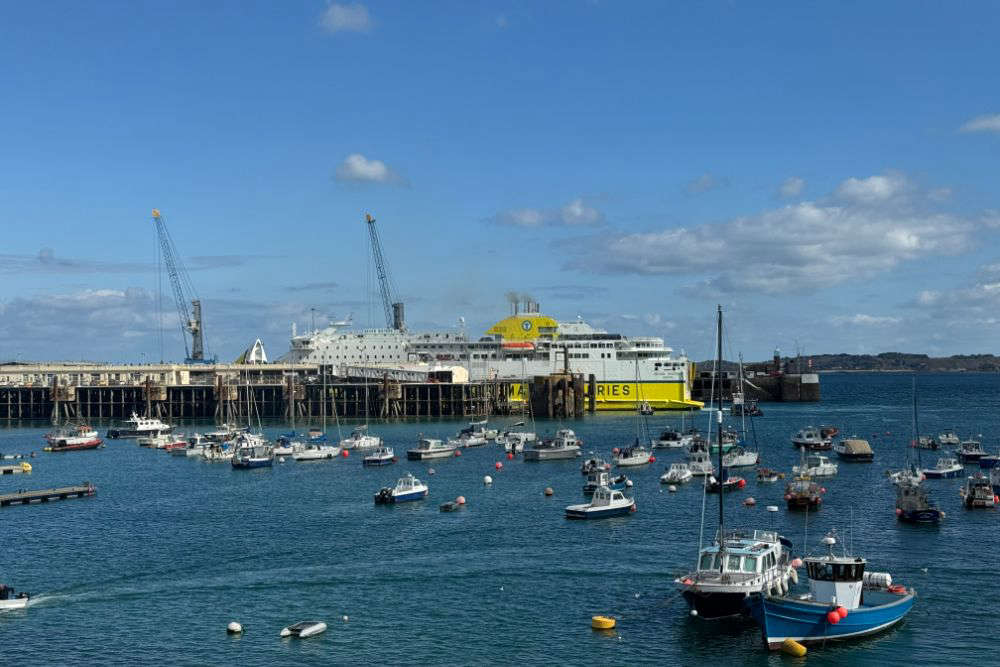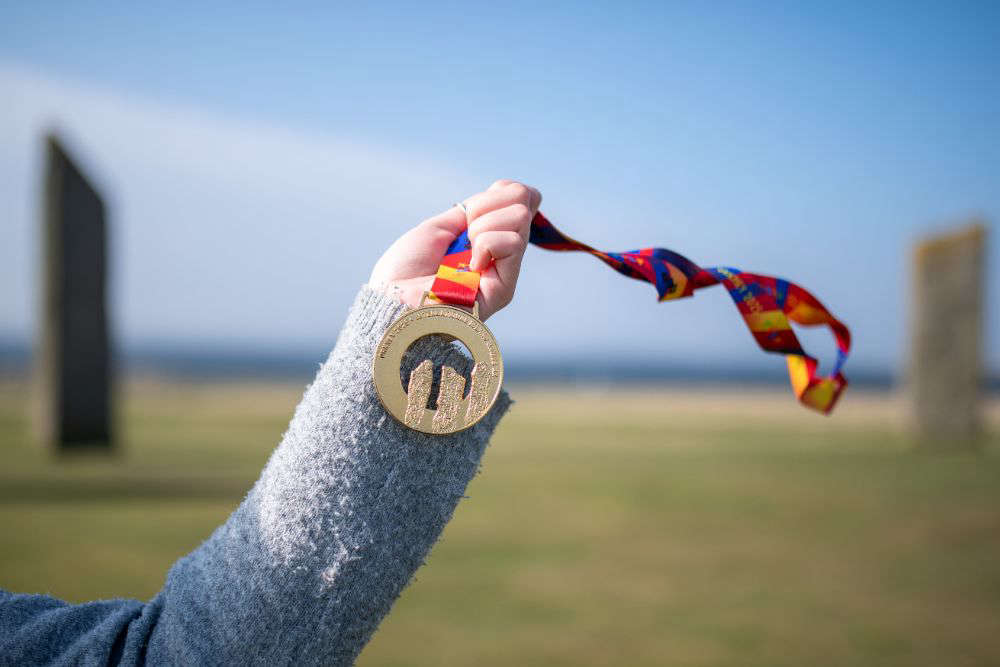
A climate change research project has been awarded £40,000 on lottery funding by the Jersey Community Fund.
The Jersey International Centre of Advanced Studies (JICAS) is working alongside the government’s Marine Resources Team and the Department of Biosciences at the University of Exeter to help small island states across the world tackle the effects of climate change.
The objectives of the studies include:
- Seeing whether blue carbon can benefit Jersey ecologically, environmentally and socially.
- Help the island being carbon neutral by reducing net greenhouse gas emissions.
- Create ways for island nations to lead in ‘carbon capture for carbon credits’ which would generate income.
- Bring in a blue carbon action plan.
- And understand how blue carbon can ‘restore and replenish’ the Channel Islands inter-tidal zones and marine corridors.
You can read more about some of the initial findings from the study here.
Director of the JICAS, Dr Sean Dettman says that many countries have been interested in the research.
"Of course carbon sequestation is happening in America, all over Europe and the UK.
But with regards of how small island nations fit within that paradigm, we collaborate with the Caribbean, we work closely with the Antiguan government and we also work with the Central Caribbean Marine Institute in Cayman."
Part of the research is looking at how small islands can use their carbon assets to tackle climate change in countries that have a huge carbon emmisions while also making money.
Dr Dettman explains 'carbon credits'
"It's when you use natural resources and eco-systems found within the marine environment that store carbon, and then you can trade or sell to heavy C02 emitters that will then create a neutral outcome across the board.
But I'd just like to emphasise that we are at ground zero, we're in the first part of a study that may take 10-15 years so that we can model this properly."
The £40,000 grant is on top of £20,000 that the JCF has already given to Dr Dettman's team last year.
"This is year two of the study, so how it helps us directly is it funds the PhD student, so the money pays the fees, provides the resources that Ana needs to undertake her study. It also provides her with a modest living grant."
Chief Executive Officer at Jersey Community Foundation, Ana Terry says that the funding application matched their criteria well.
"As an island, it makes sense for Jersey to be involved in this research to mitigate climate change through conservation and restoration of coastal and marine ecosystems.
The benefits of this research to Jersey can't be underestimated considering the climate emergency our island is facing."


 Civil Service recruitment freeze extended
Civil Service recruitment freeze extended
 Industry rumours of Bergerac second series
Industry rumours of Bergerac second series
 DFDS brings in replacement ship for Portsmouth sailings
DFDS brings in replacement ship for Portsmouth sailings
 100 days until Orkney Island Games begin
100 days until Orkney Island Games begin
 £200k padel facility coming to Les Ormes in May
£200k padel facility coming to Les Ormes in May
 Jersey Opera House opening show announced
Jersey Opera House opening show announced
 Two islanders trapped in a lift rescued from sixth-floor fire on the Esplanade
Two islanders trapped in a lift rescued from sixth-floor fire on the Esplanade
 Rooftop bar, climbing wall and concert hall in £110m Fort Regent plans
Rooftop bar, climbing wall and concert hall in £110m Fort Regent plans

